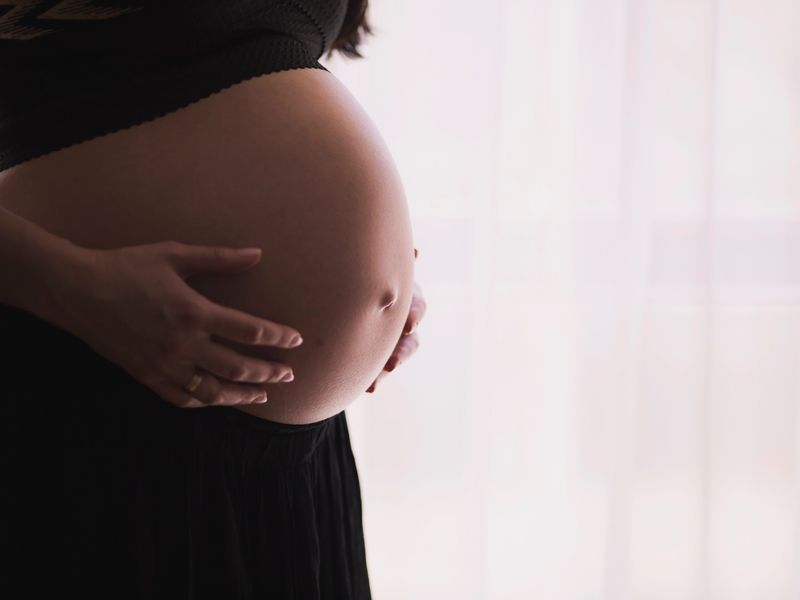Crain's New York Business  Unsplash.com
Unsplash.com
A crop of new startups is capitalizing on the pandemic-era digital health boom to take aim at the maternal mortality crisis and improve pregnancy outcomes in the U.S.
The latest example, Chelsea–based Seven Starling, publicly launched its pregnancy and postpartum peer-support platform Tuesday with $2.9 million in seed funding led by Pear VC, Expa and Magnify Ventures.
For $37 a month, Seven Starling’s platform provides virtual, doula-led peer group sessions to guide families through pregnancy and up to one year postpartum, plus access to a dedicated doula via chat. The curriculum for the biweekly sessions includes lessons on pregnancy nutrition, high-risk pregnancy management, pain management during labor and newborn care essentials such as breastfeeding.
Get 4 weeks of Modern Healthcare for $1.
CEO Tina Beilinson said the rise of digital women’s health startups—particularly those targeting pregnancy and postpartum care—has accelerated in tandem with the development of Seven Starling, which she and her co-founders conceived in 2019.
There were few players in the space at that time, said Beilinson, who cited women’s and family health startup Maven Clinic as an early pioneer. Last month Maven, which launched in 2014, became the first startup of its ilk to reach a valuation north of $1 billion, after it closed a $110 million Series D funding round.
Experts predict that investors’ enthusiasm for telehealth during the pandemic will now extend to women’s health startups, or femtech, which saw only a fraction of the funding that went to digital health in 2020. Digital women’s health startups raised a combined $913 million in the first half of this year, compared with $602.5 million raised in all of 2020, according to data from Rock Health.
The femtech market is expected to hit $522 million by the end of the year, up from $487 million in 2020, consulting firm Frost & Sullivan found in March. The global women’s digital health market size is forecast to grow to roughly $6.5 billion by 2028 from $1.5 billion last year, a recent report by San Francisco consulting firm Grand View Research found.
Beilinson said she sees most new ventures as complementary rather than duplicative in an area ripe for disruption. The United States spends an estimated $111 billion on maternal health, twice that of most high-income countries, but sees worse outcomes, particularly for women of color.
“There’s so much room for innovation to happen,” Beilinson said. “I don’t think one company can solve all of these problems.”
Beilinson said Seven Starling will use its seed capital to double its team of seven full-timers by the end of this year and launch partnerships with health systems and other providers. One of Seven Starling’s goals is to increase access to doulas, trained companions who provide nonmedical guidance and emotional support to pregnant women. Doula care has been shown to correlate with better birth outcomes, but cost and local availability often hinder access.
Mae, which launched this month with a $1.3 million pre-seed funding round led by SteelSky Ventures, is using doulas to combat racial disparities in maternal and infant outcomes. In New York City, Black women are eight times likelier to die of pregnancy-related complications than white women.
The Brooklyn startup’s platform will provide Black expectant mothers with health-tracking tools throughout their pregnancy, culturally-specific educational and lifestyle resources, a peer network and access to experts including doulas, lactation consultants and pregnancy coaches.
“We know that structural barriers often get in the way of robust prenatal and postpartum care, particularly for our most vulnerable populations,” said CEO Maya Hardigan. “Digitally-oriented solutions have great potential to bring both information and experts to expectant and new mothers where they are, on their preferred schedule, and on their own terms—bridging gaps in care access and improving outcomes in the process.”
Source link : https://www.modernhealthcare.com/digital-health/nyc-startups-digital-tech-pregnancy-postpartum-care











